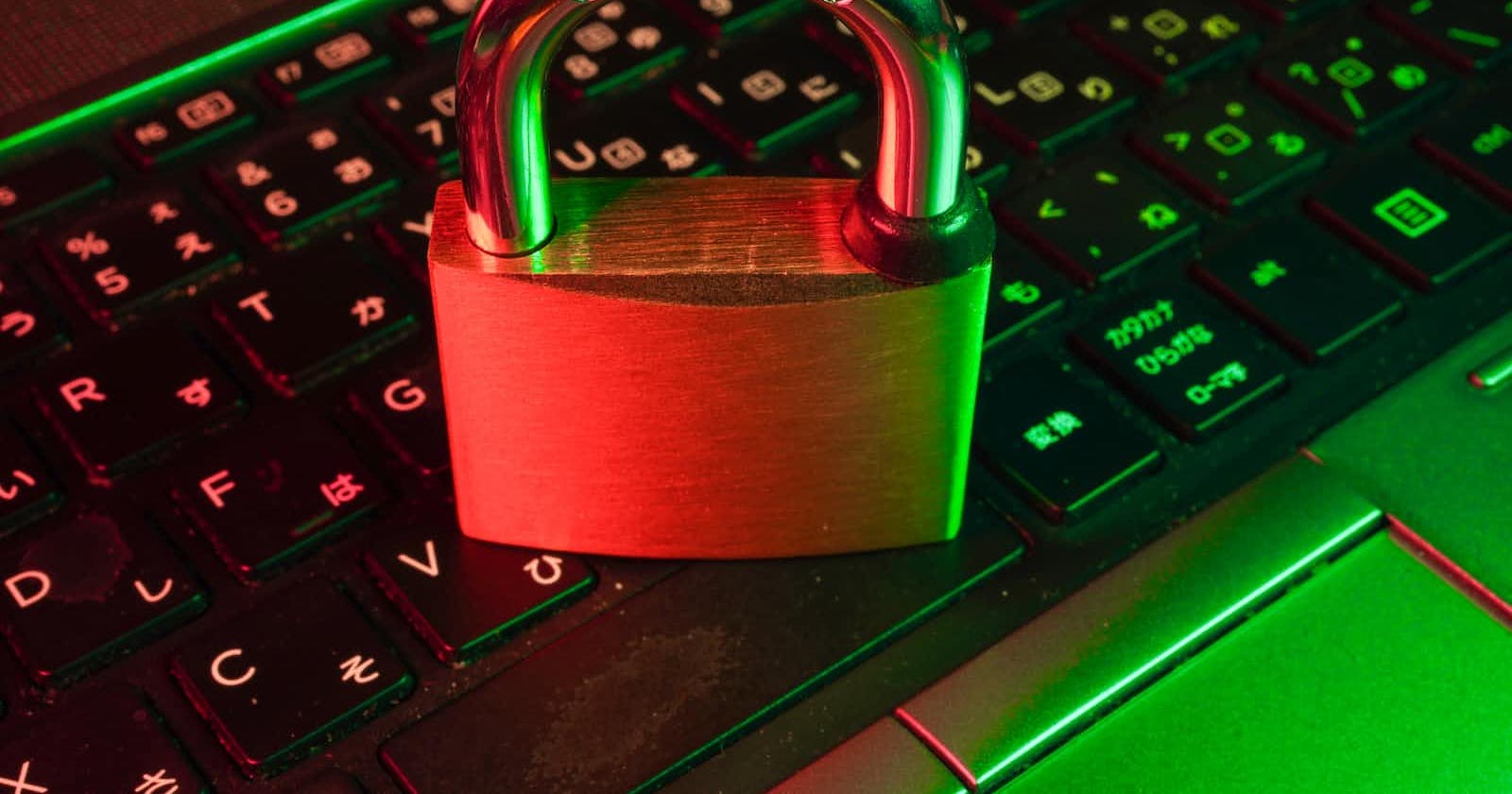It’s Easy To Stay Safe Online: Protecting Your Personal Information
Introduction
In today's digital world, our lives are more interwoven than ever. Everything we do today is online, including banking, healthcare, and socializing. The ease of the online world is straightforward, but risks are also involved. The ideal opportunity to remind ourselves of the value of protecting our personal information online is during Cybersecurity Awareness Month. This essay will examine some current cybersecurity concerns and offer helpful advice for safeguarding personal data.
Everyone's primary priority should be to keep safe online in a world where data leaks and cyberattacks are becoming more frequent. This article will examine the most pressing cybersecurity concerns and provide insightful advice on safeguarding your data online.
The Growing Threat Landscape
Hacking and Data Breaches
The increasing increase in hacking events and data breaches is one of the most critical concerns facing cybersecurity right now. Hackers develop new strategies to attack people, companies, and governmental institutions. These data breaches put victims at risk of identity theft and financial loss by exposing sensitive personal information, including Social Security numbers, credit card information, and login credentials.
Phishing Attacks
Hackers continue to pose a serious concern with phishing when they deceive people into divulging their personal information by sending false emails and texts. Never click on dubious links or download attachments from untrusted sources; be wary of unsolicited communications.
Ransomware Attacks
Attacks using ransomware, in which thieves encrypt victims' data and demand a fee to decrypt it, have increased dramatically in recent years. These assaults have the potential to destroy companies and impair vital services. To lessen this danger, regularly back up your data, keep your software up to date, and be cautious when opening email attachments.
Internet of Things (IoT) Vulnerabilities
Our reliance on the Internet of Things increases as we incorporate smart appliances into our homes. However, many IoT devices don't have robust security features, leaving them open to abuse. To protect your linked devices, change the default passwords, update your firmware frequently, and segregate your network.
Protecting Your Personal Information
Strong Passwords and Two-Factor Authentication
Using solid and distinct passwords for each online account is one of the easiest yet most effective strategies to improve online security. Enable two-factor authentication whenever it is possible to add a degree of security.
Privacy Settings
Your privacy settings on social media sites and other internet services should be reviewed and modified. Limit the amount of private information you disclose to the public, and use caution when granting apps and websites access to your data.
Regular Software Updates
Update your operating system, antivirus program, and software. Developers release updates to fix security flaws; thus, skipping updates puts your machine at risk.
Educate Yourself
Keep up with the most recent cybersecurity dangers and recommended procedures. The most robust defense in the constantly expanding realm of cybersecurity is knowledge. To increase your cybersecurity understanding, consider taking online classes or webinars.
Conclusion
Your personal information must be protected online in this era of increased digital connectivity. Threats abound in the current cybersecurity environment, but you may significantly lower your risk by being vigilant and using wise practices. Cybersecurity Awareness Month is a reminder that being safe online is simple with the correct information and resources. Use the recommendations in this article to protect your data and tell your friends and family about them. We can make the internet safer for everyone by working together.
#2Articles1Week #CyberAwareness #StaySafeOnline #SYTSecureSpace #PrivacyAwareness #SecurityAwareness

